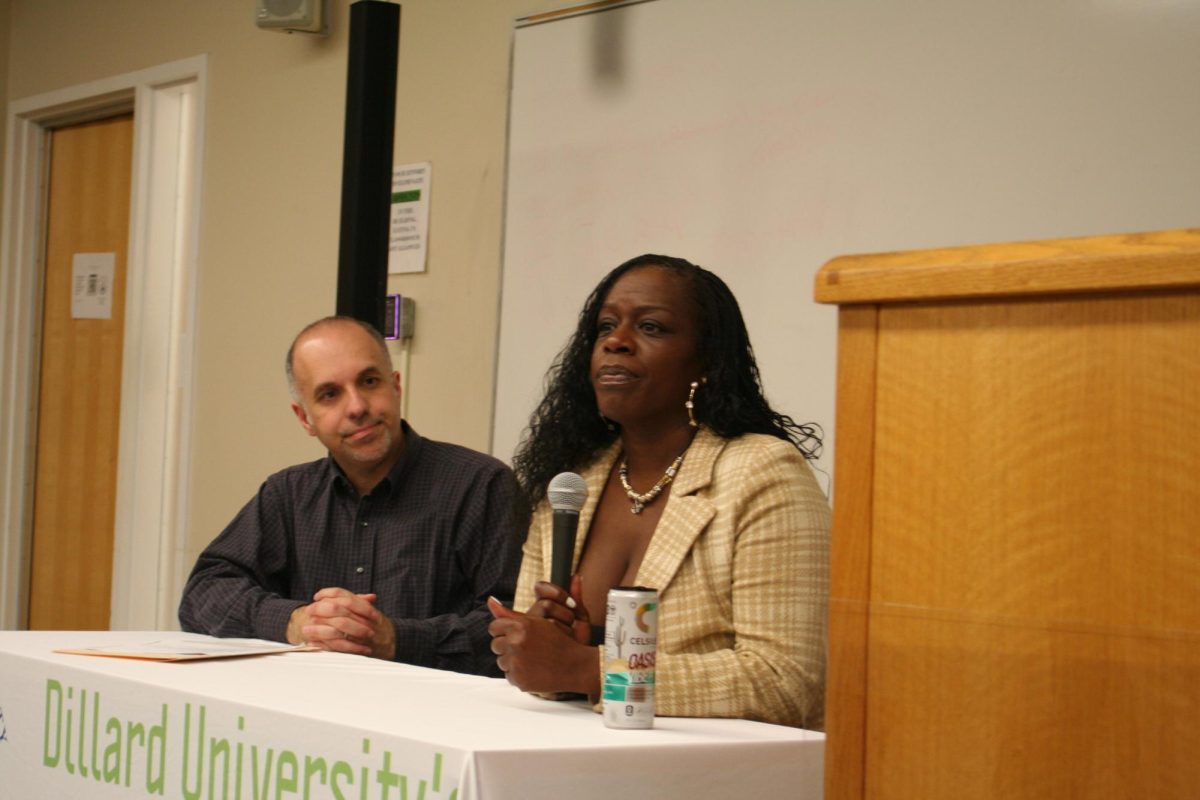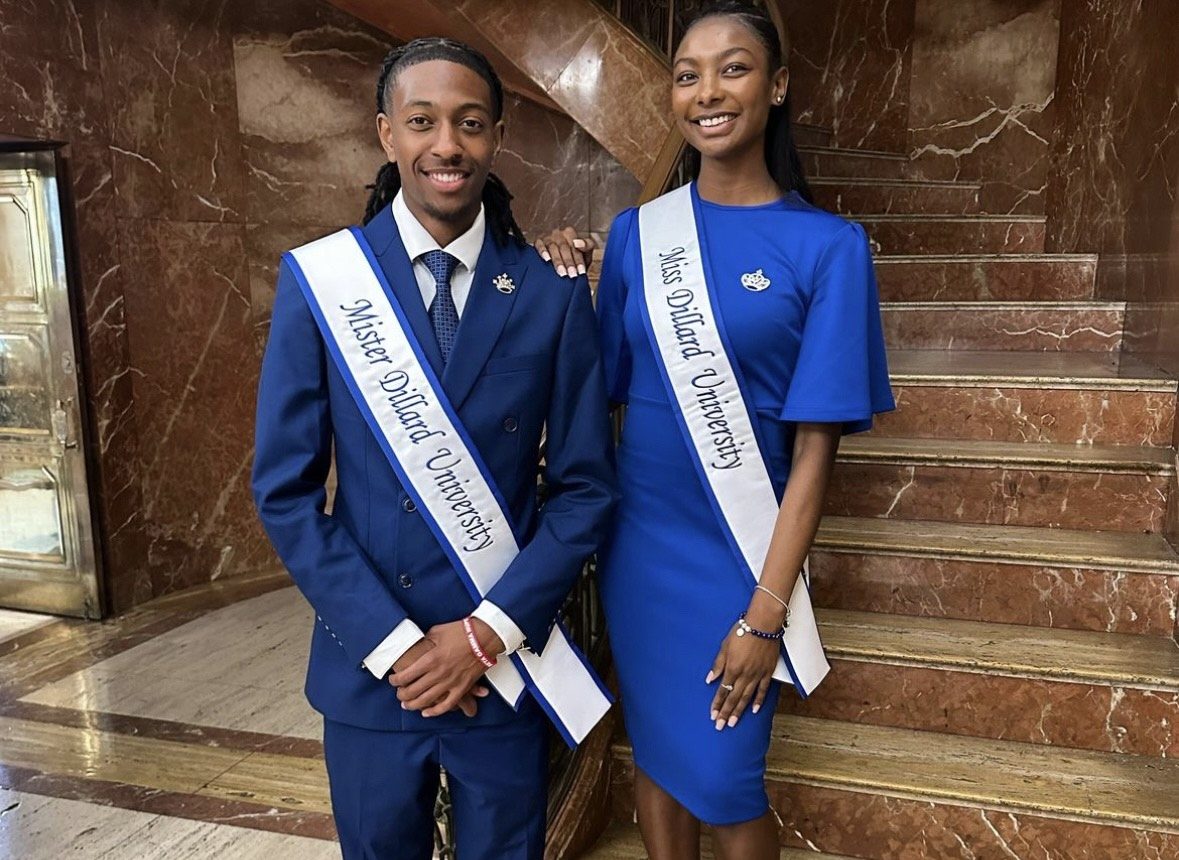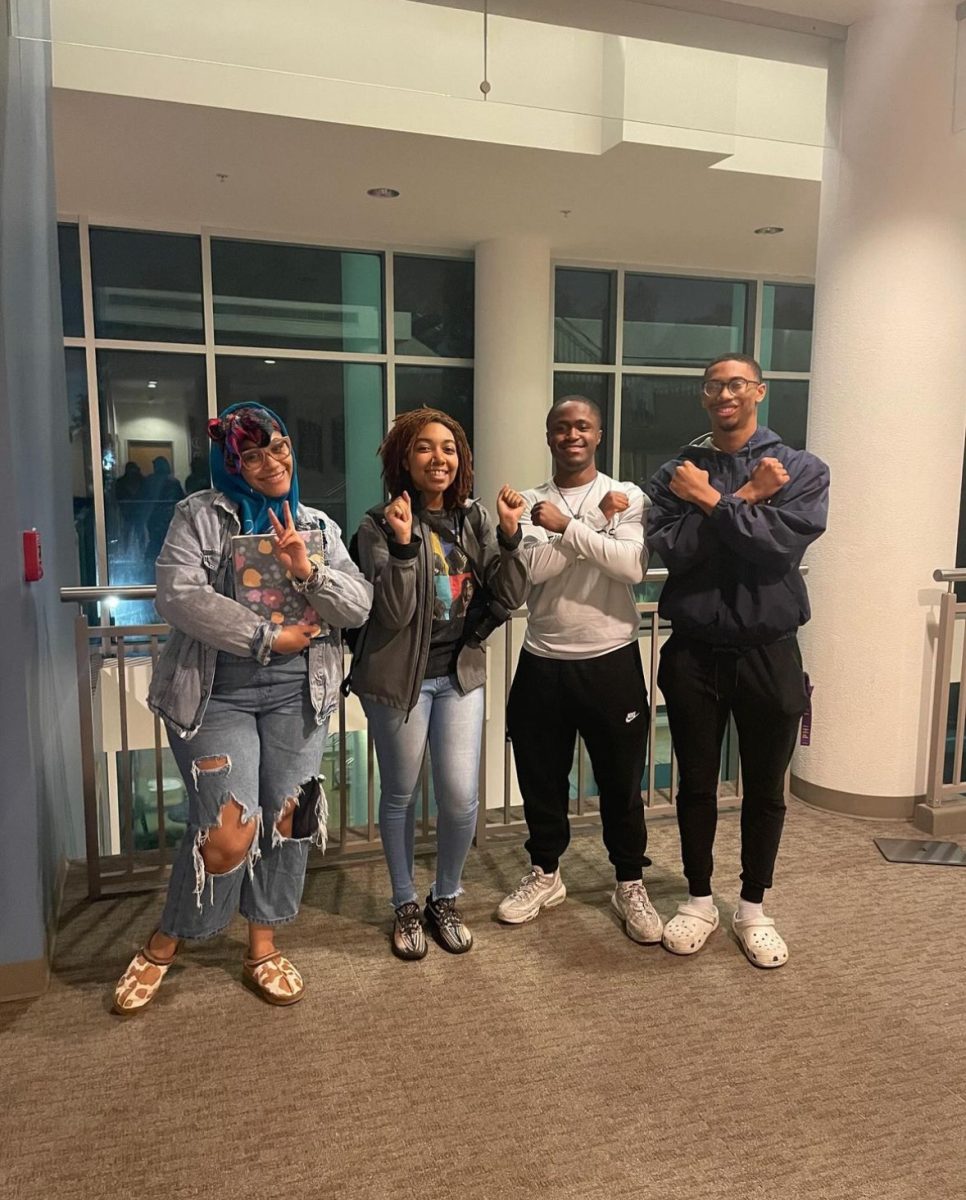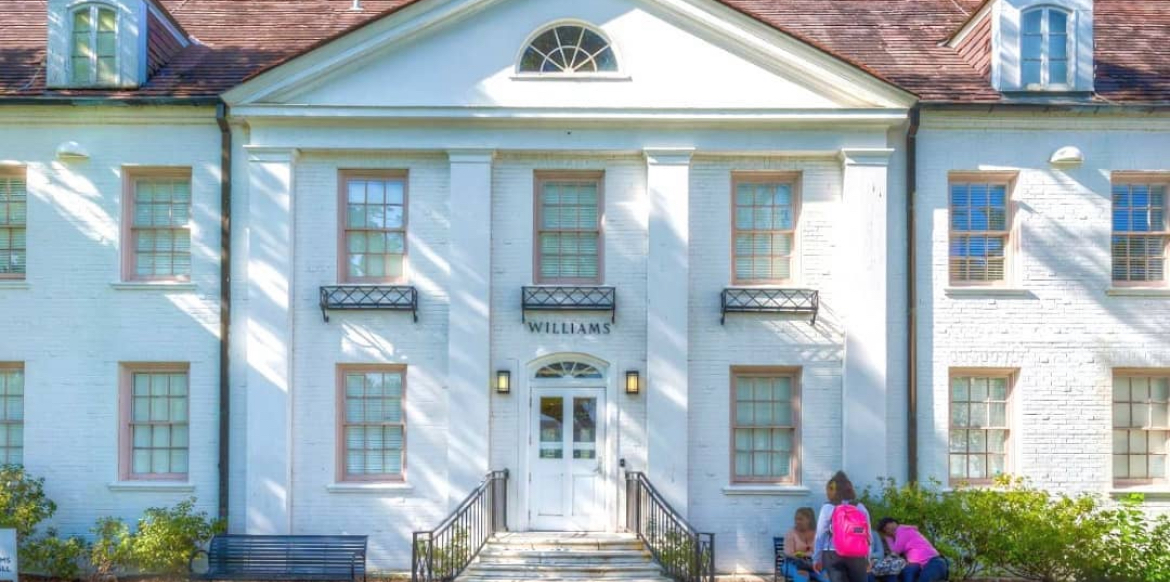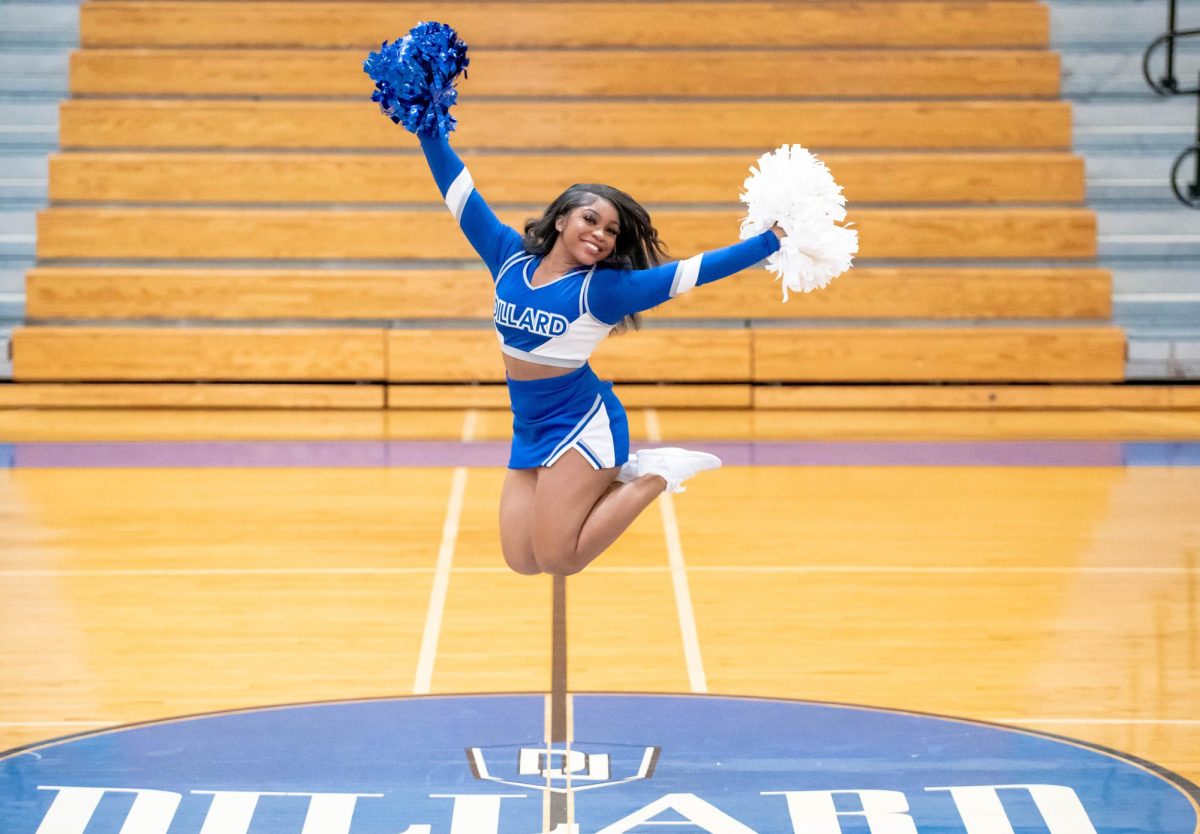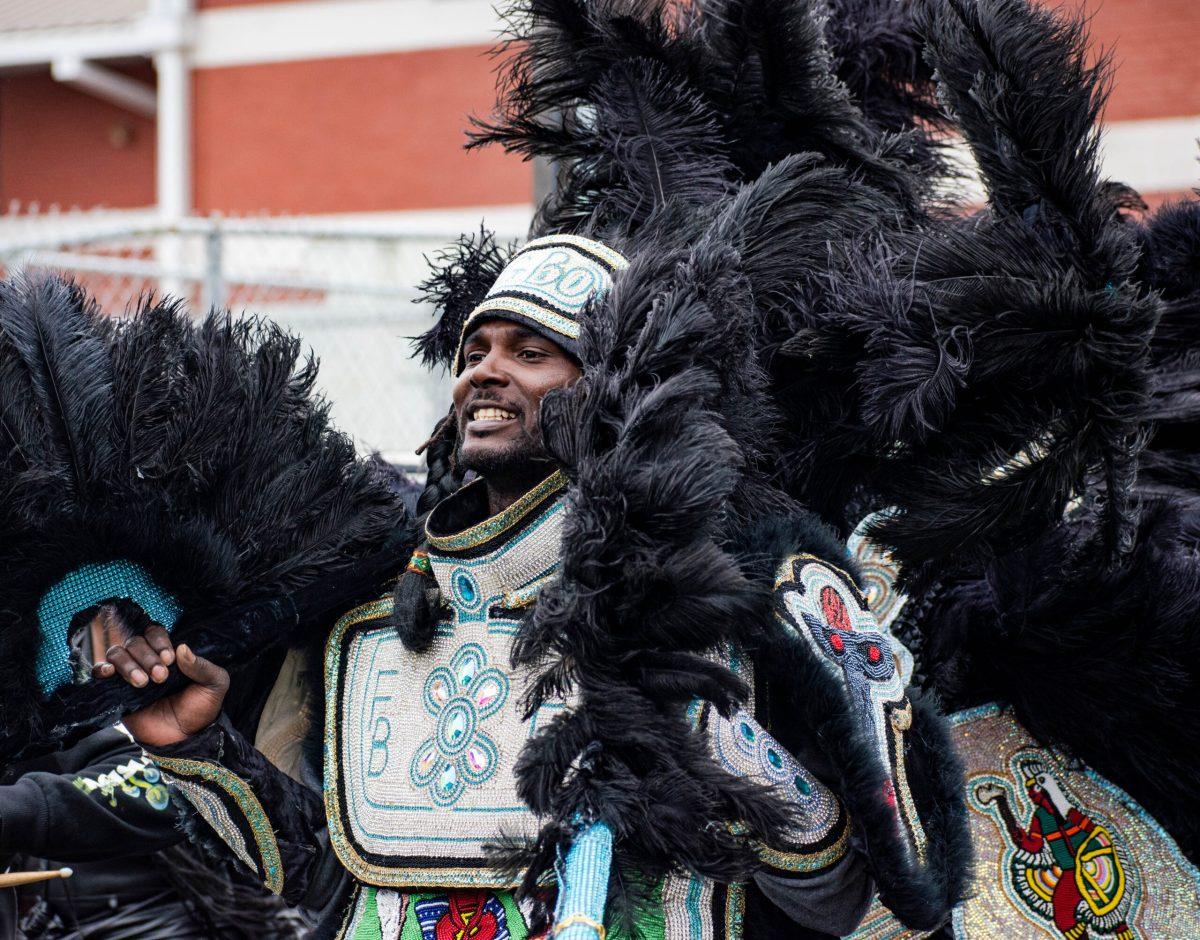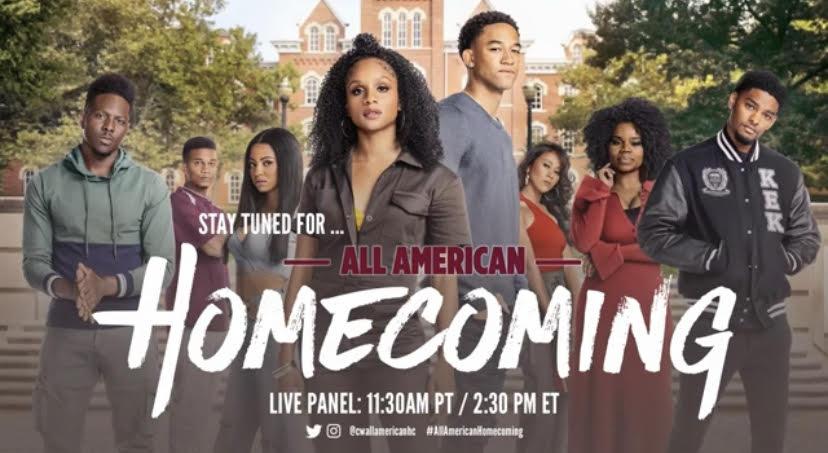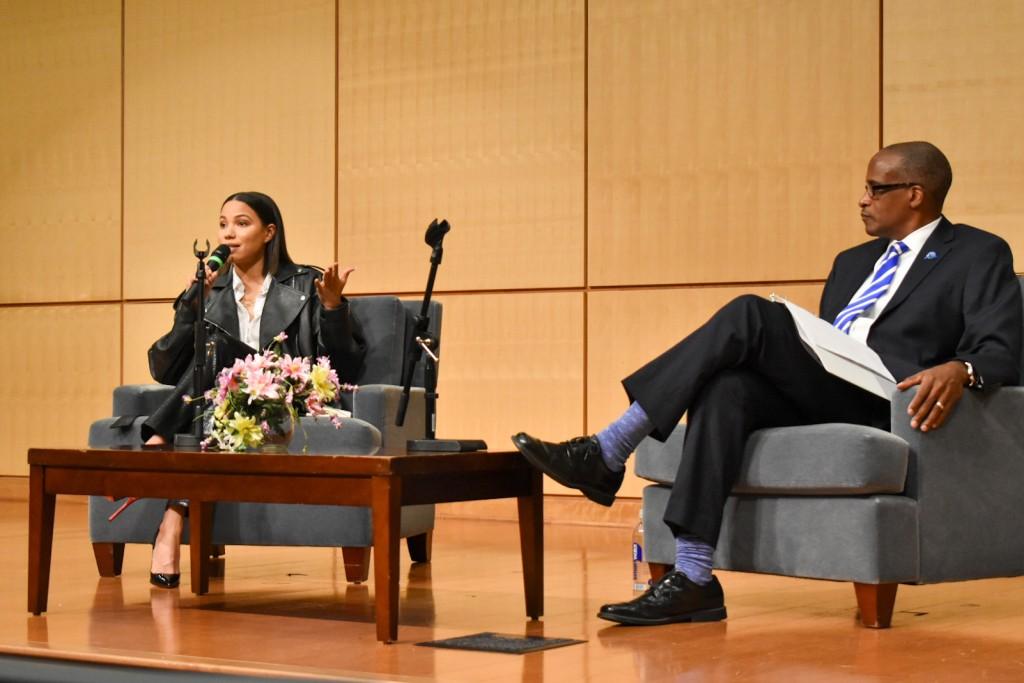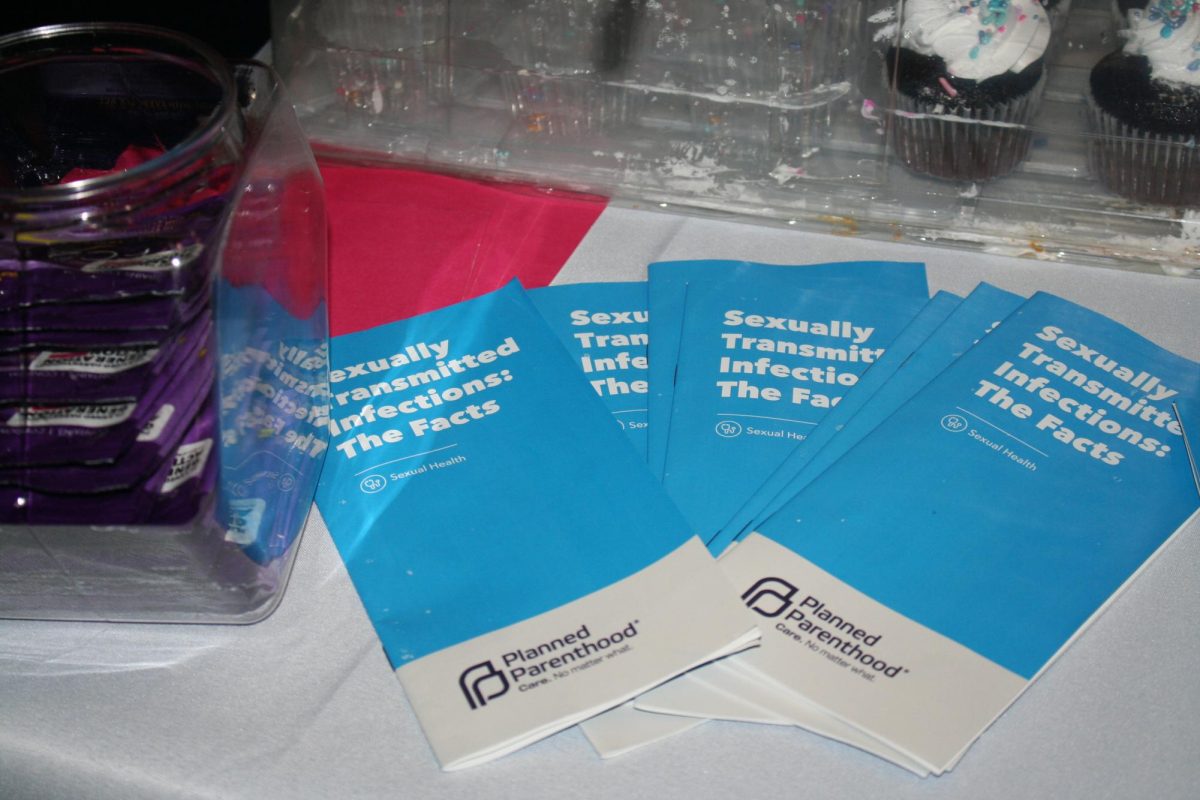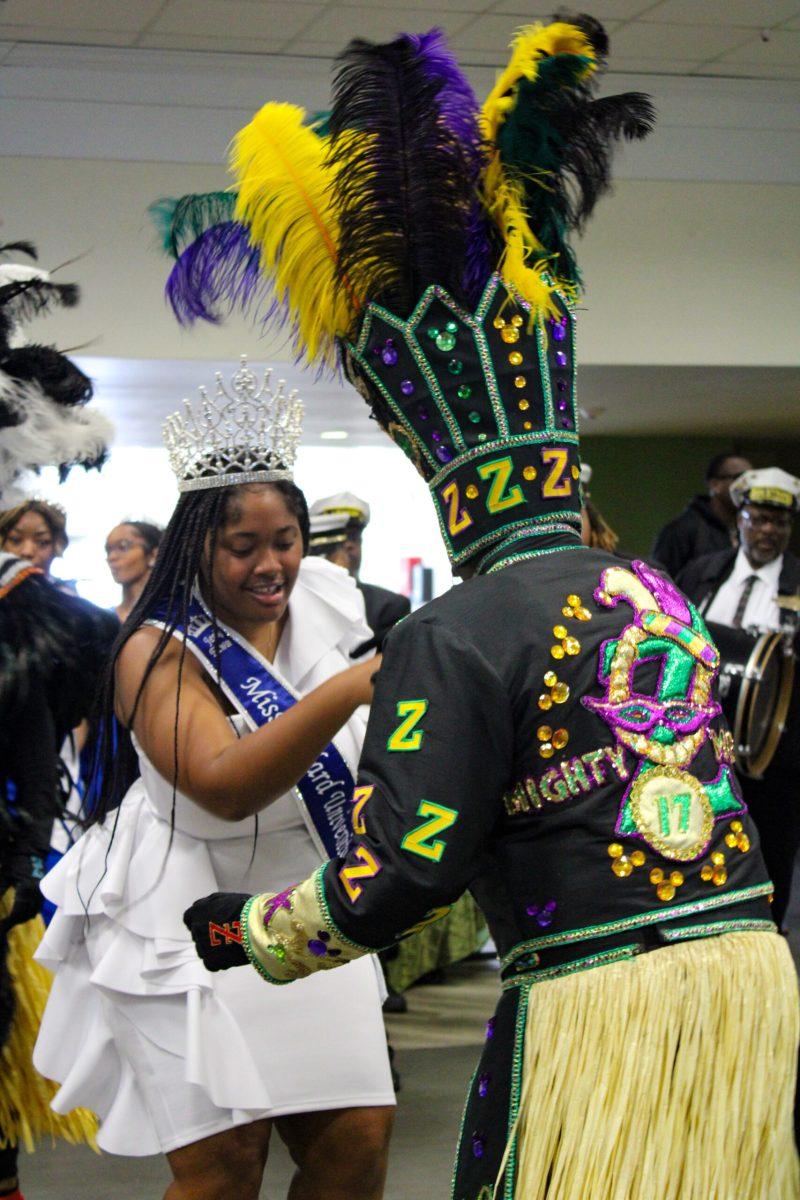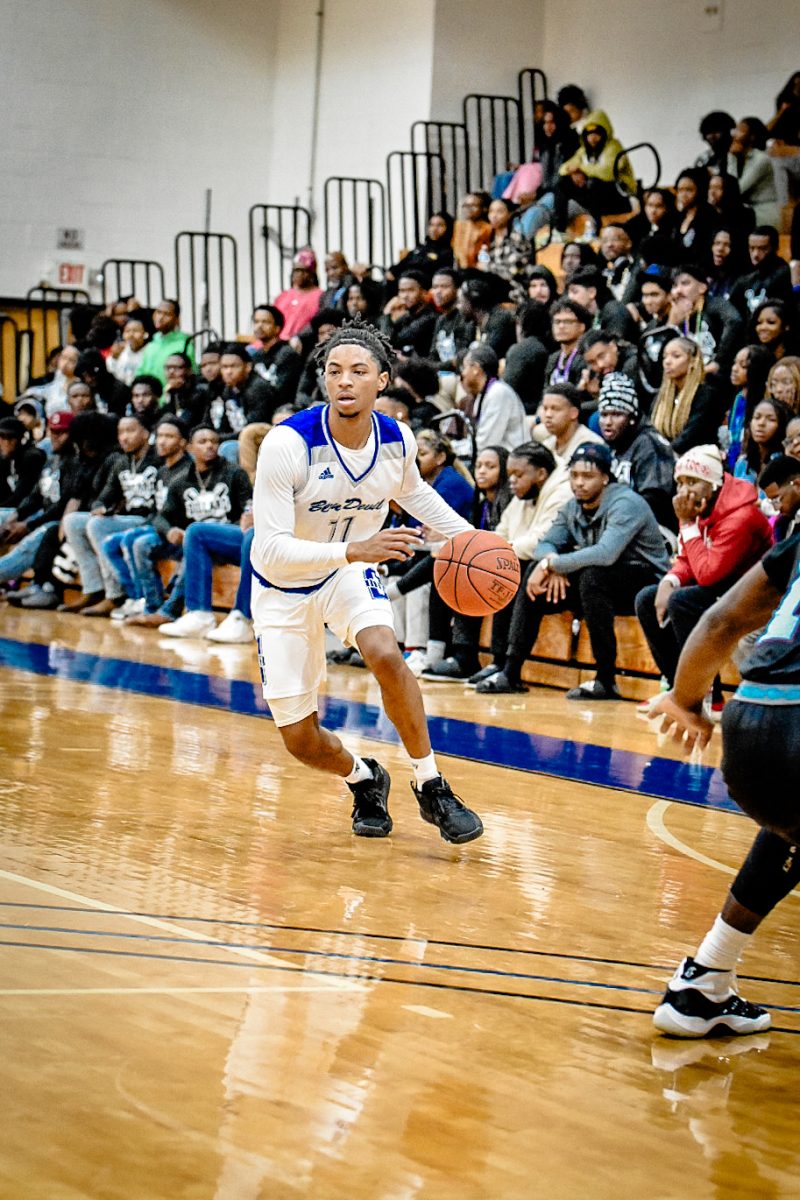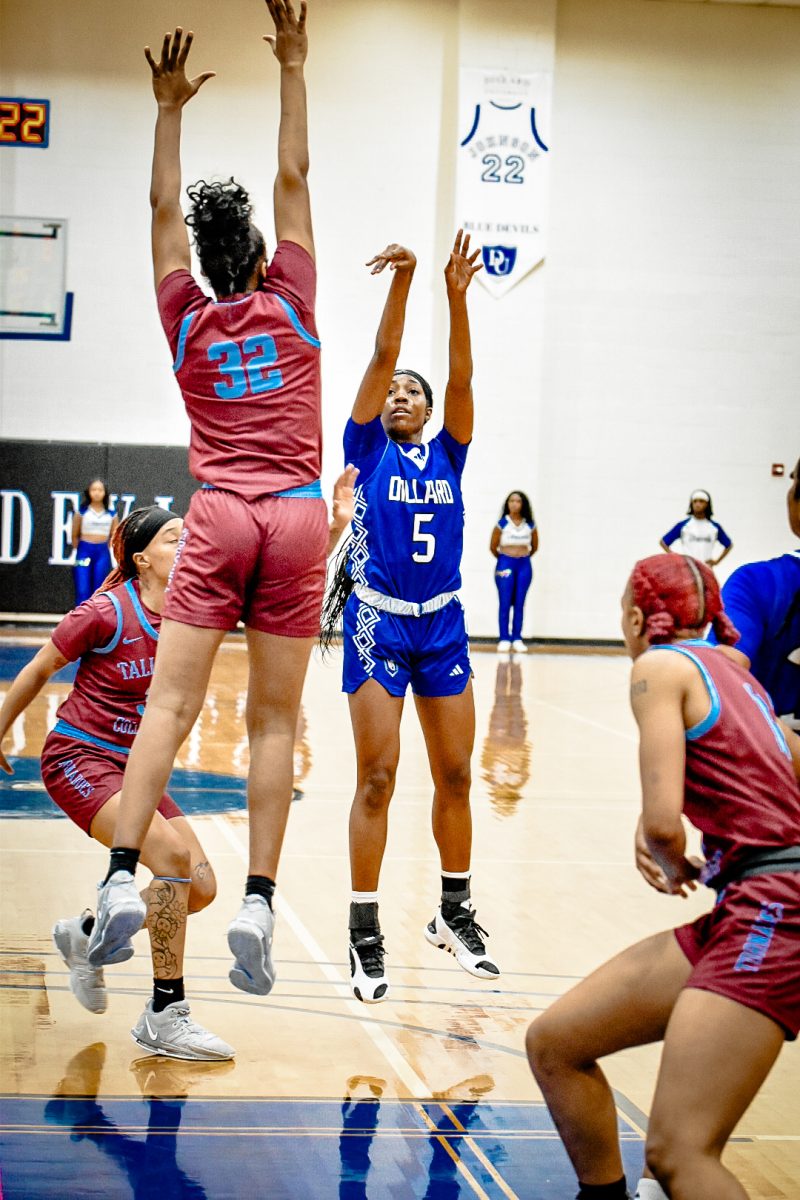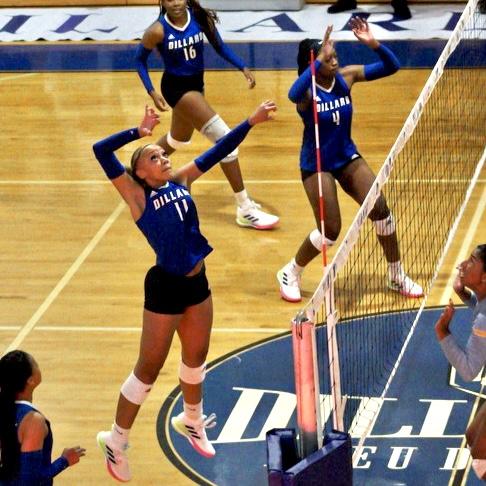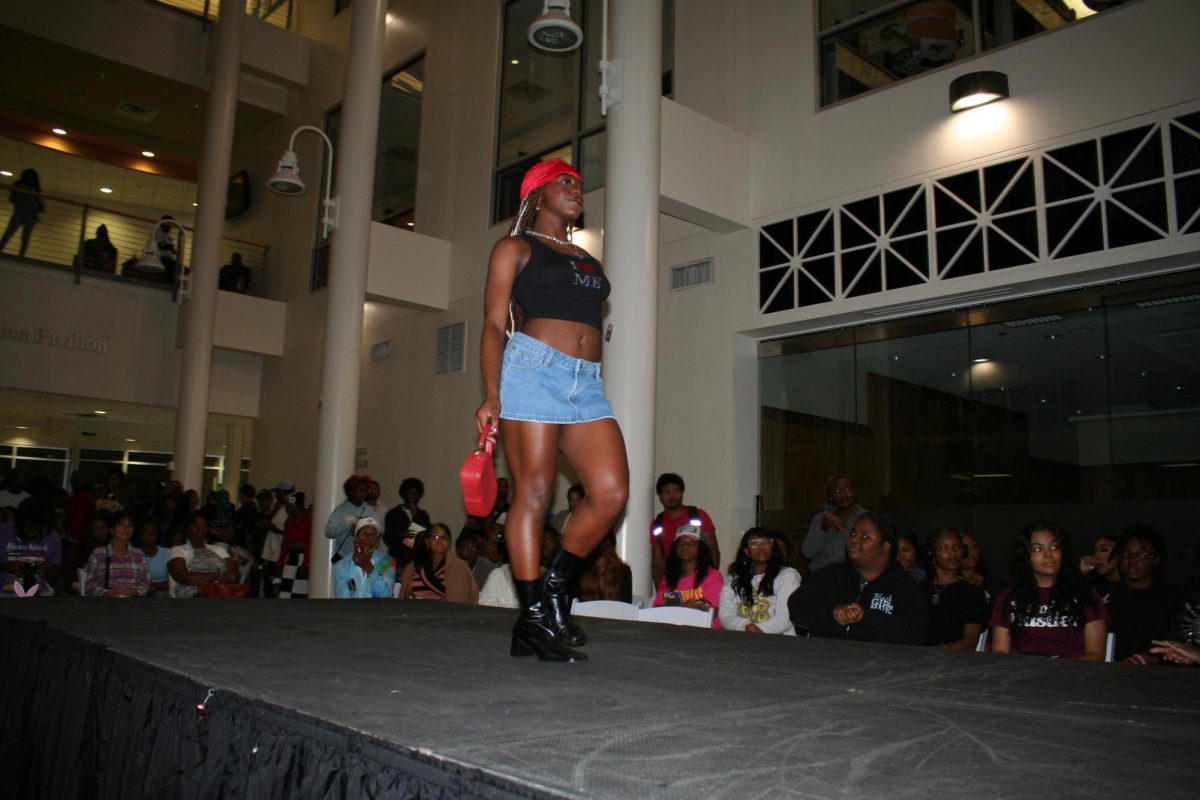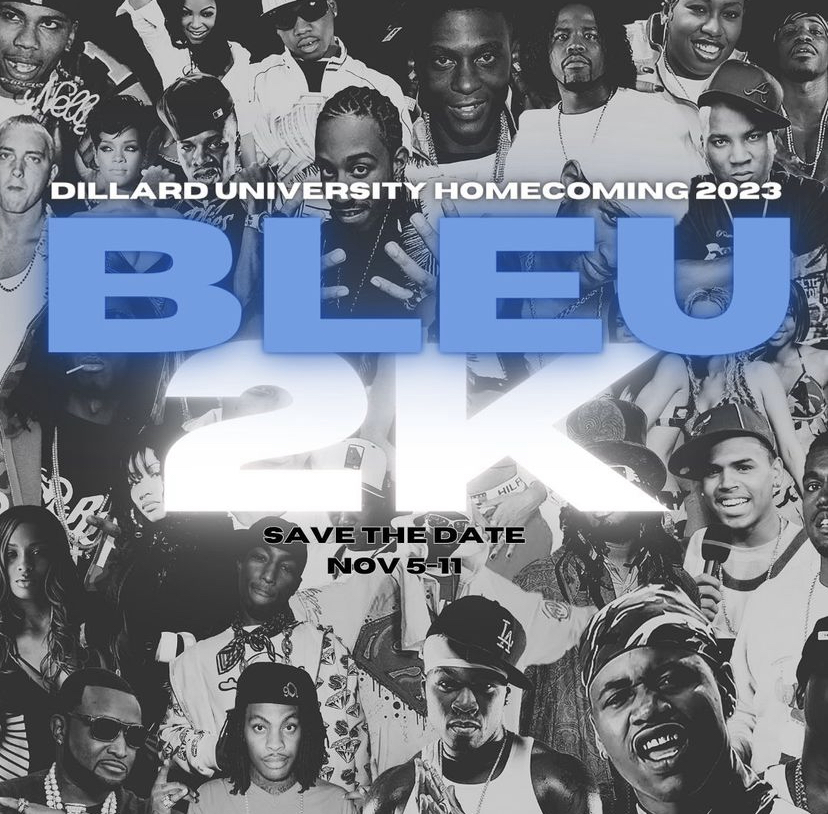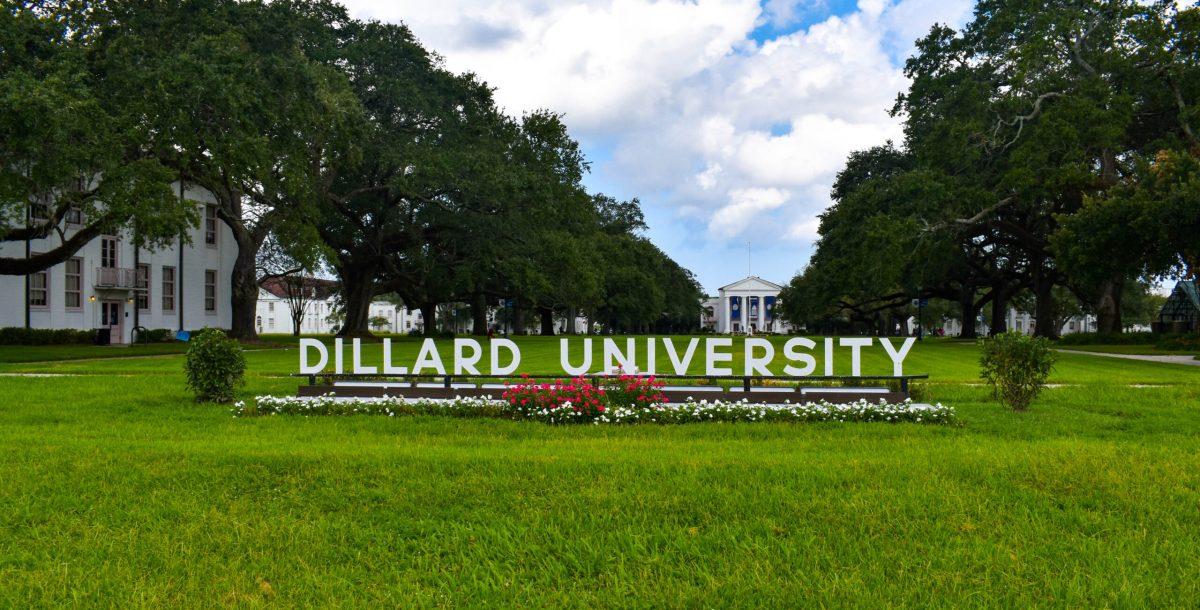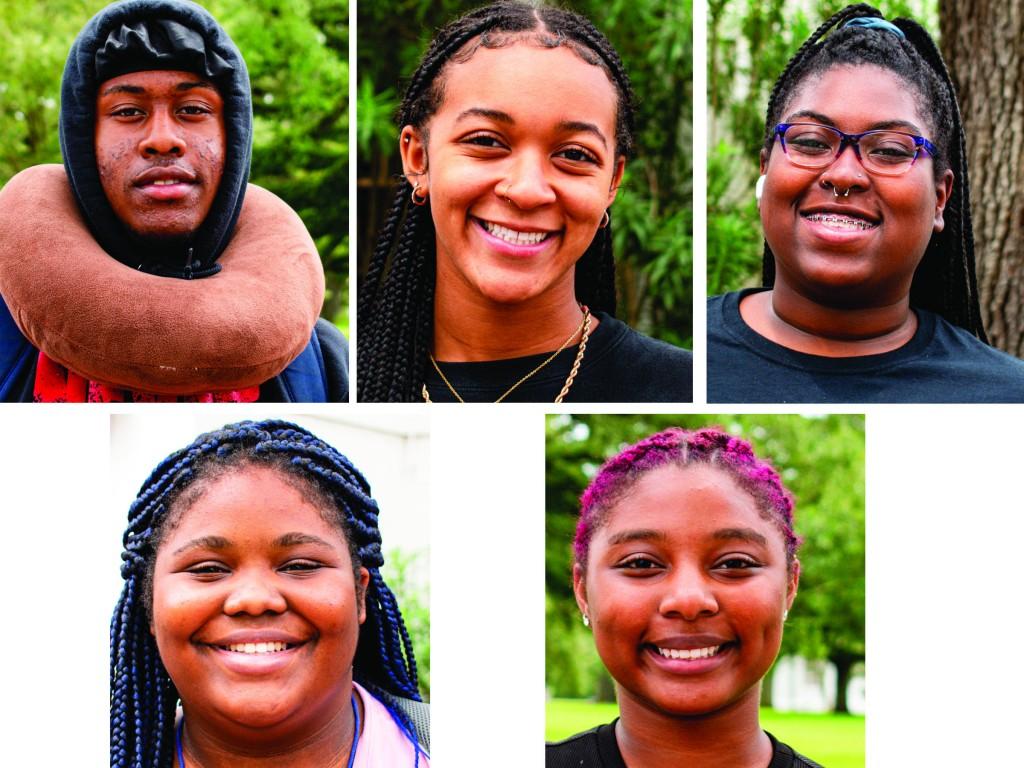
NEW ORLEANS (September 25, 2020) – Seven Lancaster, Pennsylvania, protesters received a $1 million bail for arson and riot-related charges during a demonstration after the fatal shooting of 27-year-old Ricardo Munoz by a Lancaster police officer earlier this month.
One of the seven protesters in custody was Taylor Enterline, a 20-year old black female university student, activist, community organizer and Black Lives Matter protester, who served as a medic on the scene.
The event has been gaining traction as the bail amount seems to violate the Constitution’s Eighth Amendment’ right to reasonable bail.
As Black Lives Matter protests persist, an almost unanimous plea has arisen among protesters to “protect black women” – especially in response to the untimely deaths of emergency medical technician Breonna Taylor, 26, and activist Oluwatoyin Salau,19, and the shooting of rapper Megan the Stallion, 25, by singer/rapper Tory Lanez, 28. During my two most-recent protest experiences, I even heard and recited the chant “Protect Black Women” (origin unknown).
This is not a new request, of course. Photos float around the internet of black women holding signs that say, “Defend Black Womanhood” and “Respect and Protect the Black Woman.”
This phrase lives beyond the rallying cries at protests and demonstrations; it also appears in articles and is used widely as #HashtagActivism, the tendency of social media users to shed light on and to discuss social justice issues using hashtags. In particular, I read a lot of the “Protect Black women” phrases being directed at black men.
Upon further reflection, I realized that asking black men to protect black woman is not feasible because 1) the majority of violence against black women is perpetrated by black men; 2) black men are not in a position to protect black women; and 3) black women deserve more than protection.
Black women face both racialized and gender-based violence – or a combination of the two – and have often been alienated and ignored. A Washington Post article reported black men make up 12 percent of the U.S. male population and account for 27 percent of the men shot and 36 percent of tunarmed deaths. By comparison, black women make up 13 percent of the U.S. female population but 20 percent of the women shot and killed and 28 percent of the unarmed deaths. The closeness of these percentages is uncanny; however, the media seems not to find the death of black women very newsworthy in comparison to that of black men.
A 2017 study conducted by the Violence Policy Center found that 91 percent of black female homicides were at the hands of black men.
Abuse is often a product of social disenfranchisement, a topic briefly discussed in Charlene Carruthers “Unapologetic: A Black, Queer, and Feminist Mandate for Radical Movements.” Abusers tend to be victims (yes, victims) of social disenfranchisement, an ever-present reality of the collective black struggle. A lack of funding and resources in black communities leaves our people vulnerable. Until that changes, black women will continue to be in harm’s way.
As far as I’m concerned, the full protection of black women would require, at the very least, affordable housing and livable wages; adequate, unbiased and free health care; free education; accessible counseling and treatment for mental health and substance abuse; and child care. Black men cannot guarantee that because they do not have the collective social, economic or political power to do so.
Moreover, it is not the sole responsibility of black men to protect black women, though some may argue it’s the least black men could do when black women continue to be the primary bread-winners, outnumber black male college graduates and stay at the frontlines of the Black Lives Matter movement. Yes, black men (along with the rest of society) need to stop harming black women. Be that as it may, placing the burden of one group’s safety onto another is impractical and unfair.
I also want better for us than to ask for protection. Protection is fallacious. In my experience, protection tends to be conditional upon the black man finding you worthy through kinship, friendship or desire. Black women deserve more – freedom from needing protection.
As the Combahee River Collective Statement said, “If black women were free, it would mean that everyone else would have to be free since our freedom would necessitate the destruction of all the systems of oppression.”

